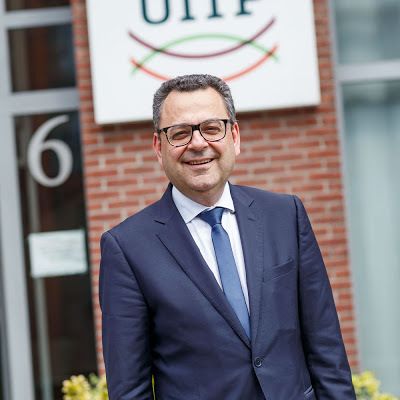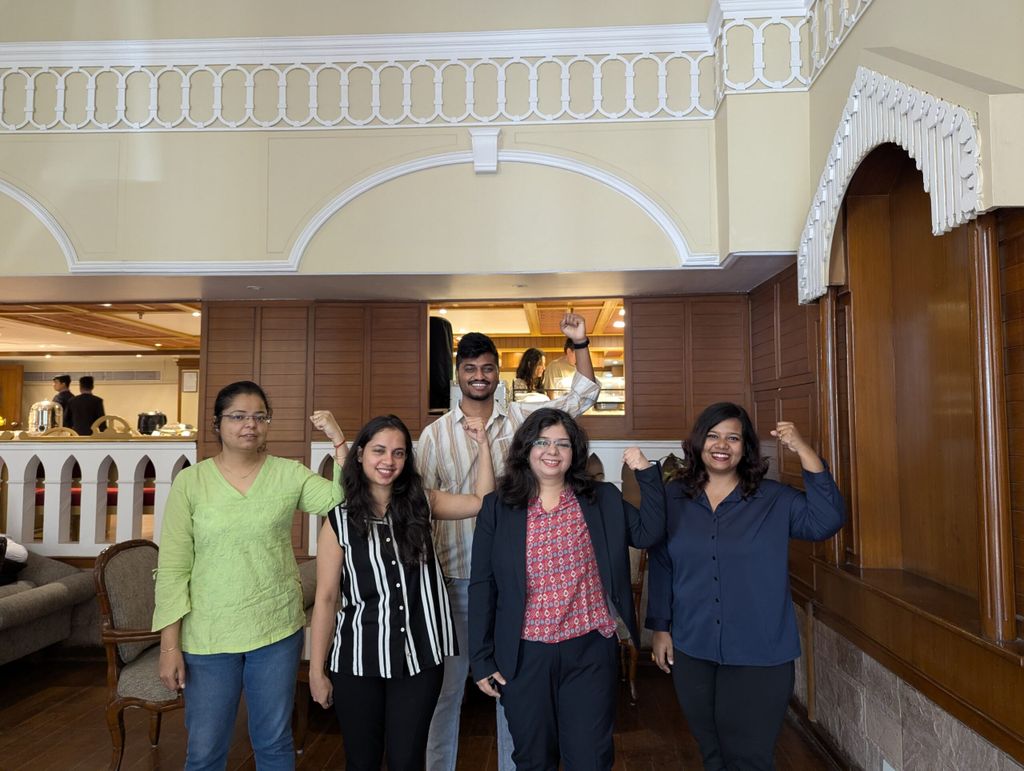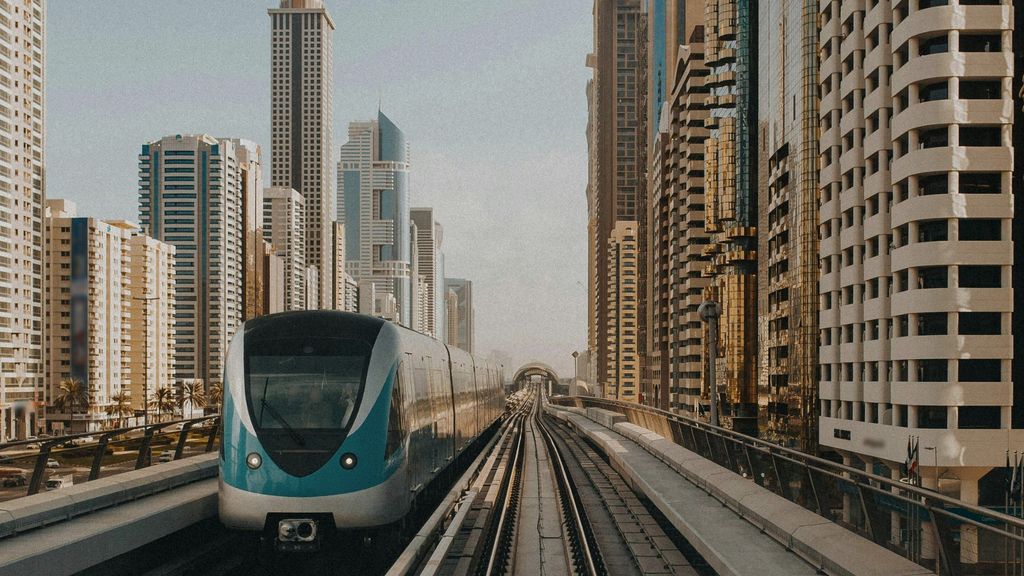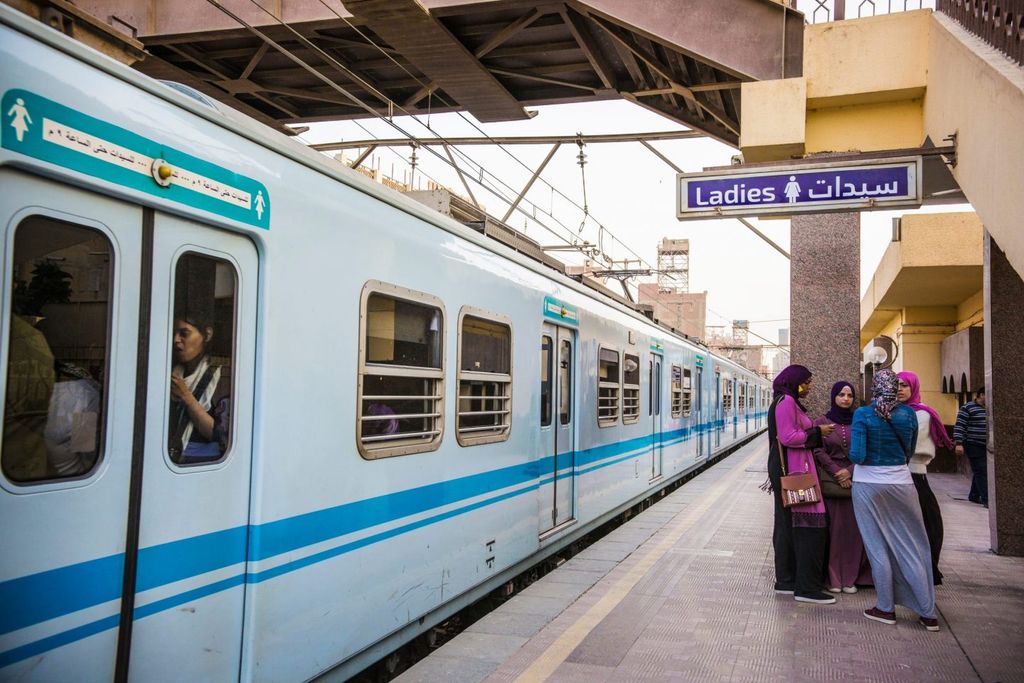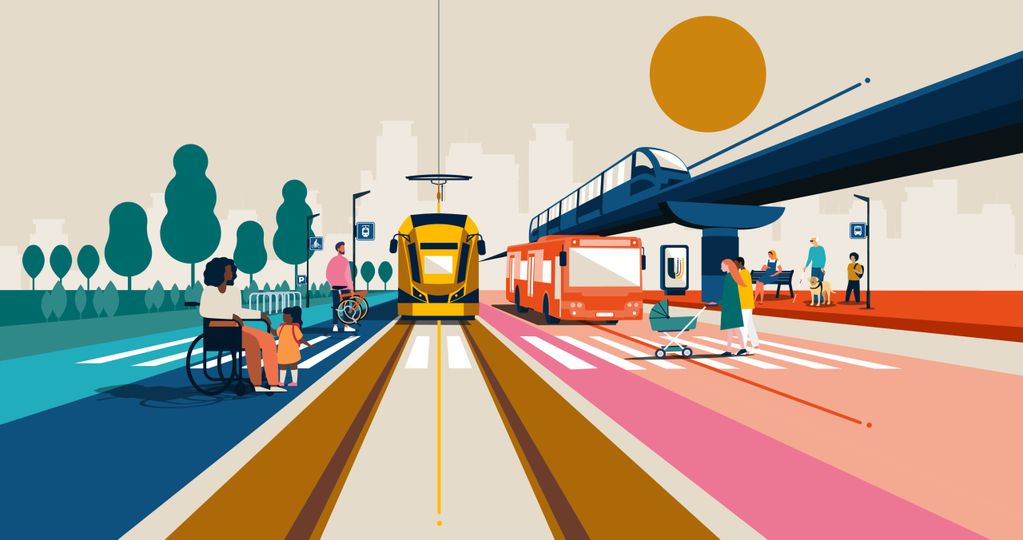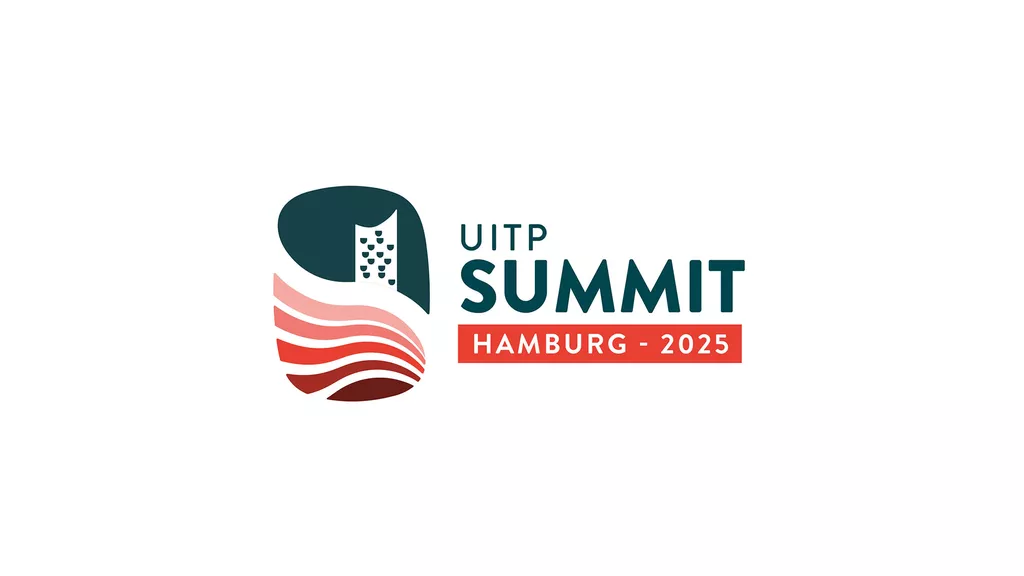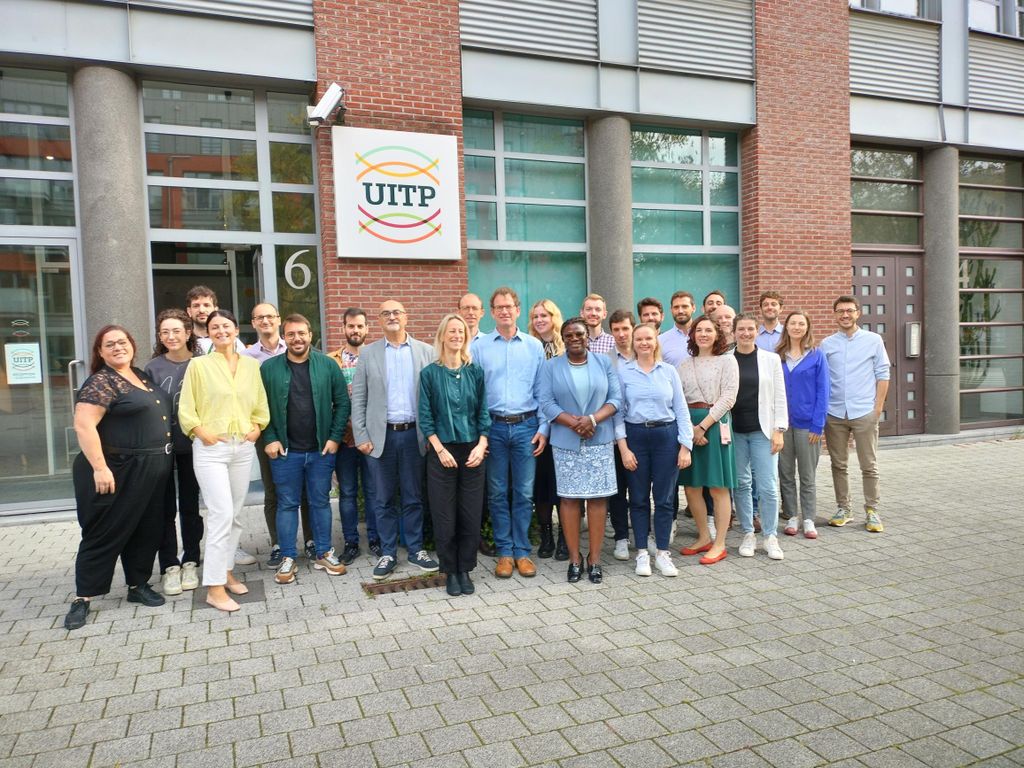
UITP's K&I celebrates 25 years: Interview with UITP Secretary General Mohamed Mezghani
25 years of K&I
When something happens in public transport, you can bet that UITP’s Knowledge & Innovation department knows about it.
This year, Knowledge & Innovation (K&I) celebrates 25 years since its formation. Since 1998, K&I has worked closely with UITP’s members across the globe to bring experts together and produce publications to generate knowledge and move public transport forward. K&I’s knowledge production is made with members, for members and the wider sector.
While UITP has been active since 1885, the founding of K&I put knowledge generation front and centre and deepened the expertise that members can benefit from. Currently, K&I is headed by Karine Sbirrazzuoli, who joined UITP in 2016 and is the first woman to lead the department since her appointment as senior director in 2022. Karine’s story shows that expertise and experience pays off in a knowledge association like UITP.
“By facilitating knowledge sharing, and leading innovative research projects, we are in a crucial position to determine what the sector’s future can look like.”
Over the past quarter-century, K&I has developed into a close-knit team of 40 public transport specialists. As a testament to the success of K&I, more than half of the members of the UITP Management Board come from a K&I background. In fact, some of those experts have been with K&I since the beginning, including UITP Secretary General Mohamed Mezghani, who was K&I’s very first in-house expert.
“K&I is the engine of UITP. It produces knowledge for the sector, and knowledge is where UITP makes its most valuable impact.”
Insights from the Secretary General
Q: Congratulations on 25 years of K&I. First, why is K&I so valuable to UITP?
Mohamed Mezghani: Well, the department’s history helps us better understand what makes K&I valuable. Before the existence of K&I, UITP did not produce any knowledge internally. It was mainly the members that did that. Members would coordinate and produce reports amongst themselves, and then translate it into what were then the three official languages of UITP, German, French, and English.

Q: And now it’s actually K&I that produces the knowledge.
Mohamed Mezghani: Indeed, we have internalised this responsibility, and because of this we can better support our members. Basically, the Programme and Studies department, as it was called then, was created to develop in-house expertise and to assist members working on their respective topics. Eventually, the name became Knowledge and Membership Services, and then five years ago we settled on Knowledge & Innovation. That’s because the department merged with R&I, who managed EU research projects. So now we have only one department covering all knowledge generation, which creates a better synergy and coordination between projects and committees.
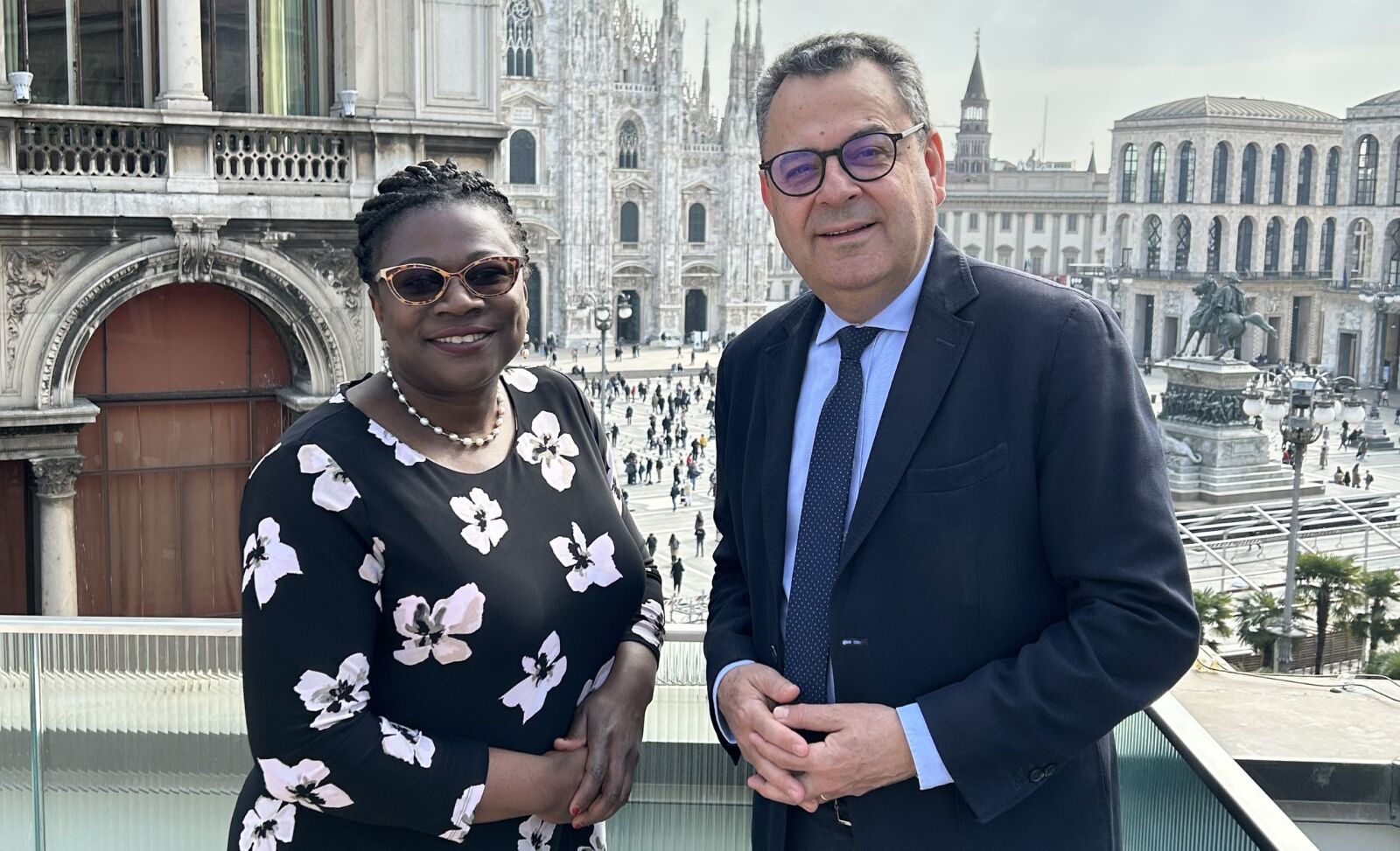
Mohamed Mezghani, K&I’s first in-house expert
Q: You’ve played a pivotal role throughout the history of the department. Can you talk about your time in K&I?
Mohamed Mezghani: I was hired in 1999 when the department was new. And I was K&I’s first in-house expert! That’s because the director, who was from RATP, wanted to form a team of experts. After two years, I actually took over and became the director of K&I. At that time, there were just 11 of us in the team. Like me, some of them still work in UITP today!
I stayed as director until 2006, then returned in 2012, where after a stint as interim K&I director, I became Deputy Secretary General.
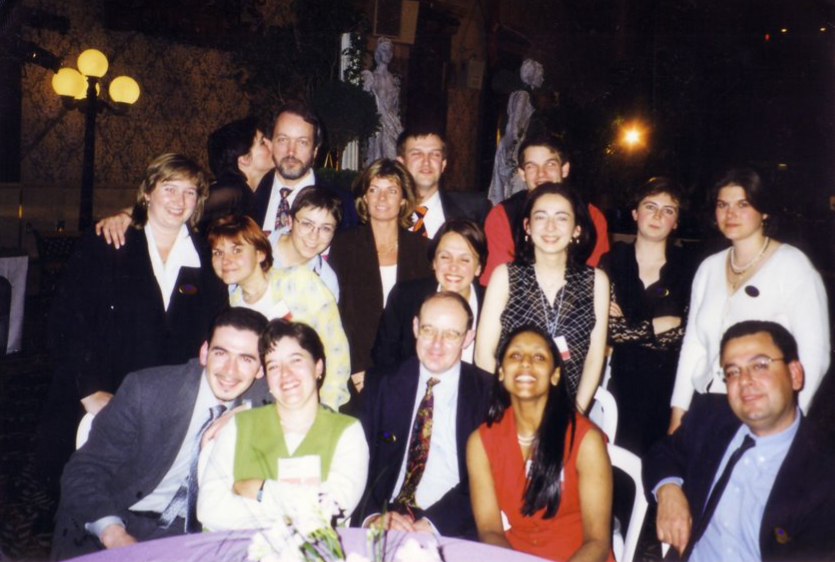
Q: Did leaving and returning help you come back with more expertise?
Mohamed Mezghani: Certainly, because while I left UITP, I remained connected and worked with UITP as a consultant. Leaving gave me a better experience of UITP from the outside. I got to see what members expect and want from UITP.
How to fuel the engine of UITP
Q: Apart from attracting expertise, how does K&I develop it within the department?
Mohamed Mezghani: There are several ways to develop expertise. Firstly, when juniors have the chance to work with more senior experts, of which K&I has many, it’s an opportunity for them to learn and to grow. Today, many people who were once juniors and assistants are now the heads of units and in charge of committees. In fact, some people came to UITP from an entirely different industry, now they are experts in electric buses, for example.
It’s also thanks to interaction with members. Back in the day, when I was the director of K&I, we used to have colleagues spend a few weeks in a public transport company to learn from them and see how it works. Today, attending seminars, conferences, events and following a training programme are great ways to develop. Ultimately, it’s about learning on the ground and on the job.
“Today, many people who were once juniors and assistants are now the heads of units and in charge of committees.”
Building a knowledge hub
Q: K&I grew from zero to almost 40 employees in a quarter of a decade. What does it take to work in K&I?
Mohamed Mezghani: Again, K&I is really the knowledge centre of UITP. This in-house expertise needs experience in public transport or urban mobility in general. This can be from an academic background or experience in engineering or policy. But of course this is just one aspect, to work in K&I you also need the skills to support and manage meetings with members, as well as to present at events.
At the end of the day, the core mission of the department is to identify the trends impacting public transport, and to anticipate and monitor future trends that are maybe not yet a priority, but will soon impact the sector. All of this is important, because if we want UITP to be credible towards our members and external stakeholders, we need this in-house expertise. And this is what we have now at K&I.
“The core mission of K&I is to identify the trends impacting public transport, and to anticipate and monitor future trends that are not yet a priority, but will soon impact the sector.”
Spoiler – yes, they have
Q: What were the priorities for K&I when it was founded?
Mohamed Mezghani: When I joined K&I, the main topics were things like electronic ticketing and the quality of service. We just started discussing how to make marketing a valued function of public transport companies. To do that, UITP launched the Marketing Committee. But it was challenging to make sure that the committee was even recognised by operators, because at the time the sector was dominated by engineers and marketing was not something thought of as important.
Q: Is this different from the priorities in PT today?
Mohamed Mezghani: Now, of course, the big subjects are climate change and decarbonisation. This was not at all a topic at that time. The same goes for digitalisation, which is now a key issue. While on-demand and shared mobility were topics that did exist, they were very marginal, unlike today where we have just launched a new Shared Mobility Division.
Essentially, public transport moved from an engineering-focused sector to a people-focused sector. We now ask what are the enabling factors that make public transport more efficient, safer, and accessible. For example, automation. It’s become an important issue. Indeed, 20 or 25 years ago, the people dimension was not at a priority, and now it’s at the heart of public transport and also at the heart of our approach at UITP.
How does UITP put people first? Discover our People First Strategy.
Creating today’s experts and leaders
Q: How do you look back on your time at K&I?
Mohamed Mezghani: I had a lot of fun. Yes, there were moments of crisis and stress, but I enjoyed it very much. I think I am where I am now thanks to what I learned in K&I. In particular, from interacting with members. Because while I was not working in a public transport company, my job was to understand the challenges of a public transport company. Thanks to our members, I could learn this.
“While I was not working in a public transport company, my job at UITP was to understand the challenges of a public transport company. Thanks to our members, I could learn this.”
Q: What are you most proud of?
Mohamed Mezghani: Among my most positive experiences was the launch of the first ever UITP training programme in 2002. Not only is training programme still running today, but many of the people who followed the first programme are now leaders in public transport. The CEO of MTR in Hong Kong was there, and UITP’s current President Renée Amilcar joined an early training programme too.
So for me this is really a big achievement. Although there have been many! For example, the professionalisation of how we run the summit. During my time at K&I, we took greater consideration of the venues we selected, the cities, the methodology behind the event, and so on.
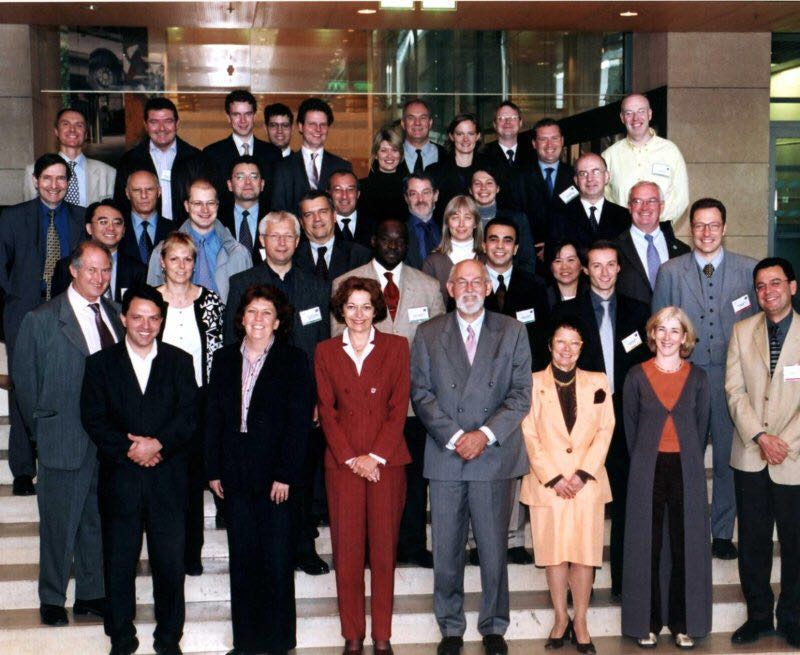
What keeps the department moving
Q: Yourself and others in the department have been with UITP for many years. What keeps people in K&I?
Mohamed Mezghani: To me, it’s the growth of expertise. K&I provides a space to develop knowledge and research and to acquire real leadership on your subject. As well, there are no commercial pressure in K&I. The team is not selling anything, you know. What is expected from them is to develop a deep level of knowledge on public transport topics, and to manage that knowledge within an international context with members and other stakeholders. And I think it’s this that people like.


